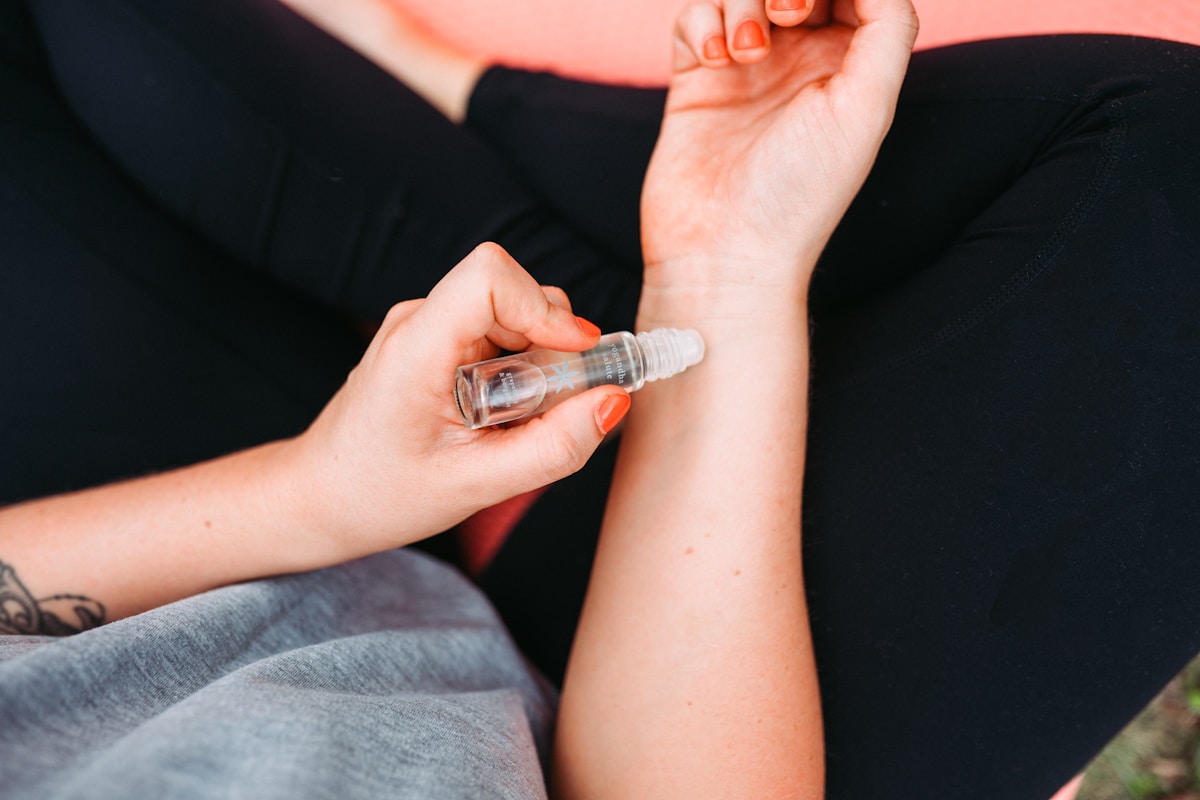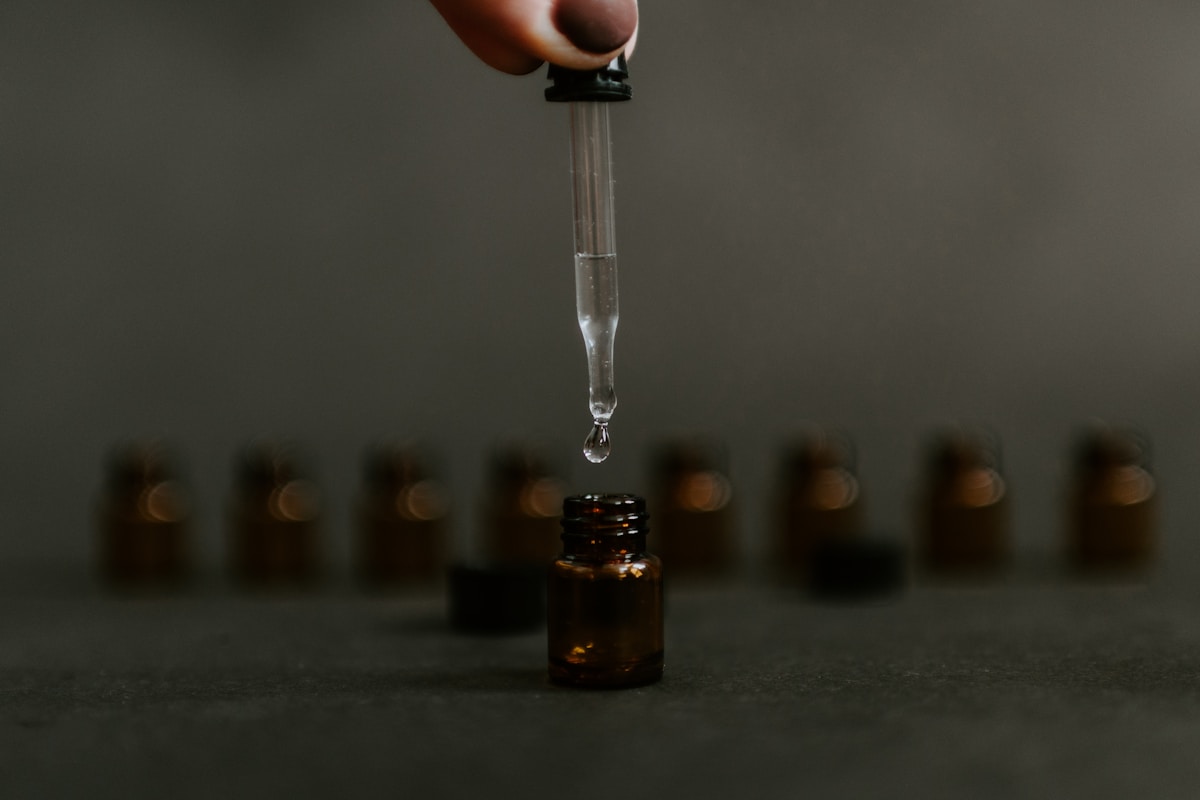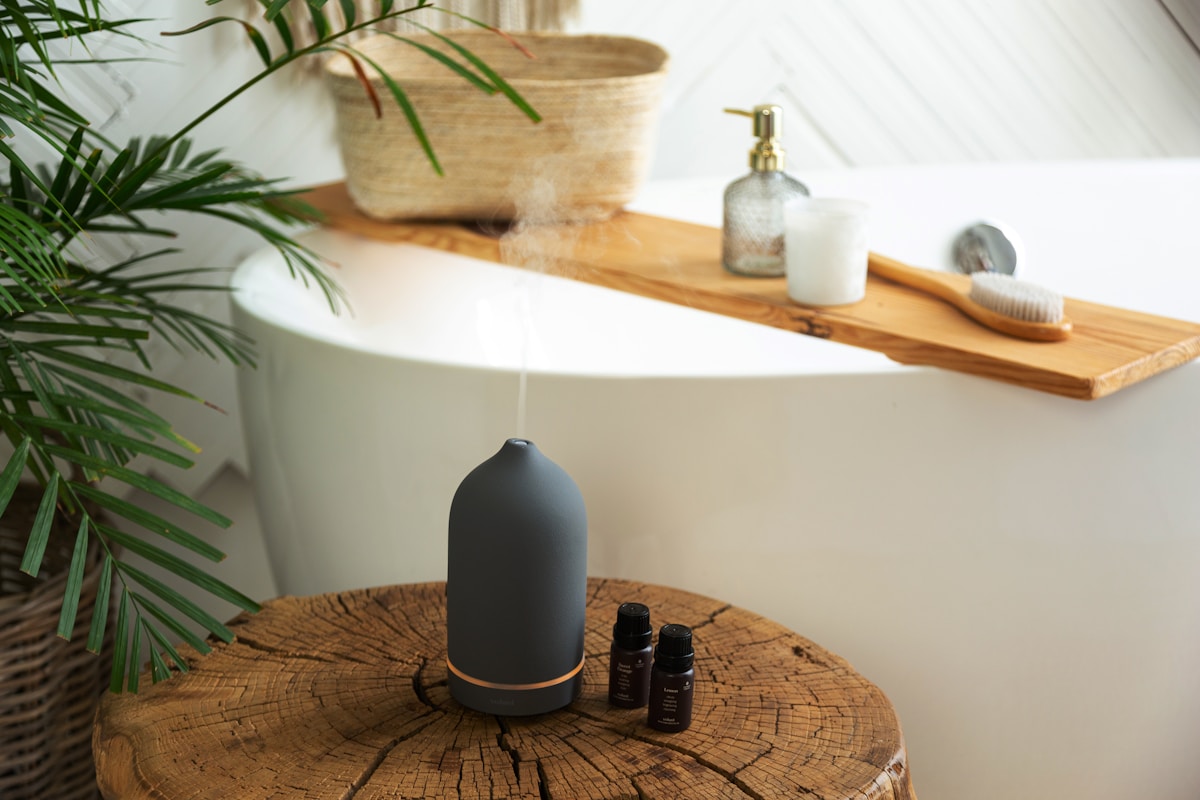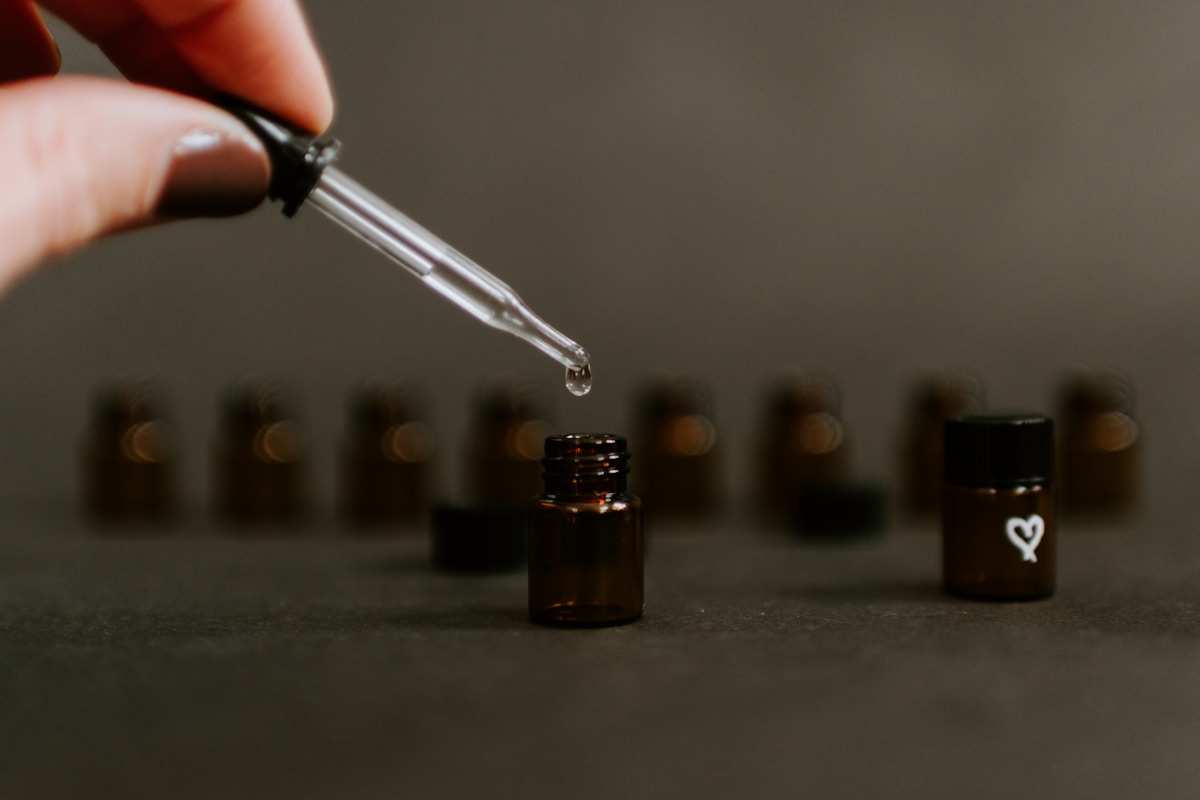
Essential Oil Safety
Essential oils are highly concentrated plant extracts that can offer various therapeutic benefits, but they must be used with caution due to their potency. Here are some key safety tips for those new to essential oils:
1. **Dilution**: Essential oils should typically be diluted with a carrier oil before being applied to the skin to minimize the risk of irritation or allergic reactions. Common carrier oils include coconut oil, jojoba oil, and sweet almond oil.2. **Patch Testing**: Before using a new essential oil, it's wise to perform a patch test. Apply a small amount of the diluted essential oil to a patch of skin on your forearm and wait for 24 hours to see if there is any adverse reaction.
6. **Pregnancy and Nursing**: If you are pregnant or nursing, consult with a healthcare provider before using essential oils. Some oils can be harmful to the fetus or an infant and should be avoided. Ask a registered Aromatherapist if the oil(s) you've chosen should be avoided during pregnancy.
7. **Children and Elderly**: Use essential oils with extra caution in children and the elderly. They are more sensitive to the effects, and certain oils may be too strong for their skin or system.
8. **Medical Conditions**: If you have any underlying health conditions or are taking medications, check with a healthcare provider before using essential oils, as there can be contraindications. Ask a registered Aromatherapist to discuss the contradictions of the oils you are interested in.
9. **Quality and Purity**: Purchase essential oils from reputable sources to ensure they are pure, high-quality, and free from contaminants or adulterants.
10. **Storage**: Store essential oils out of reach of children and pets, and keep them in a cool, dark place to maintain their efficacy and prevent degradation.
11. **Education**: Educate yourself about each essential oil you intend to use. Understand its uses, benefits, and any specific risks associated with it.
12. **Professional Guidance**: Consider consulting with a Registered Aromatherapist who can provide personalized advice based on your health status and individual needs. A professional can help you navigate the complexities of essential oil use, including proper dosages and methods of application. They can also advise on which essential oils may be beneficial for specific conditions and which should be avoided due to potential risks. Remember that while essential oils can be powerful tools for wellness, they are not a substitute for medical treatment. Always prioritize safety and informed use, and never hesitate to seek medical advice if you experience any adverse reactions or have concerns about the use of essential oils in your health regimen.
3. **Avoid Sensitive Areas**: Essential oils should not be applied to sensitive areas of the body such as the eyes, inner ears, or mucous membranes.
4. **Photosensitivity**: Some essential oils, particularly citrus oils, can make your skin more sensitive to sunlight, leading to burns or blisters. It's important to avoid sun exposure after applying these oils to the skin.
5. **Ingestion**: Ingesting essential oils is generally not recommended without the guidance of a healthcare professional or certified aromatherapist, as some oils can be toxic and the concentration isn't conducive to this kind of administration route. A more effective, yet safer approach is to use herbal infusions/concoctions/teas as the concentration is more suited for our ingestion.
©2024 - Earth, Mind and Body Essentials - All Rights Reserved



